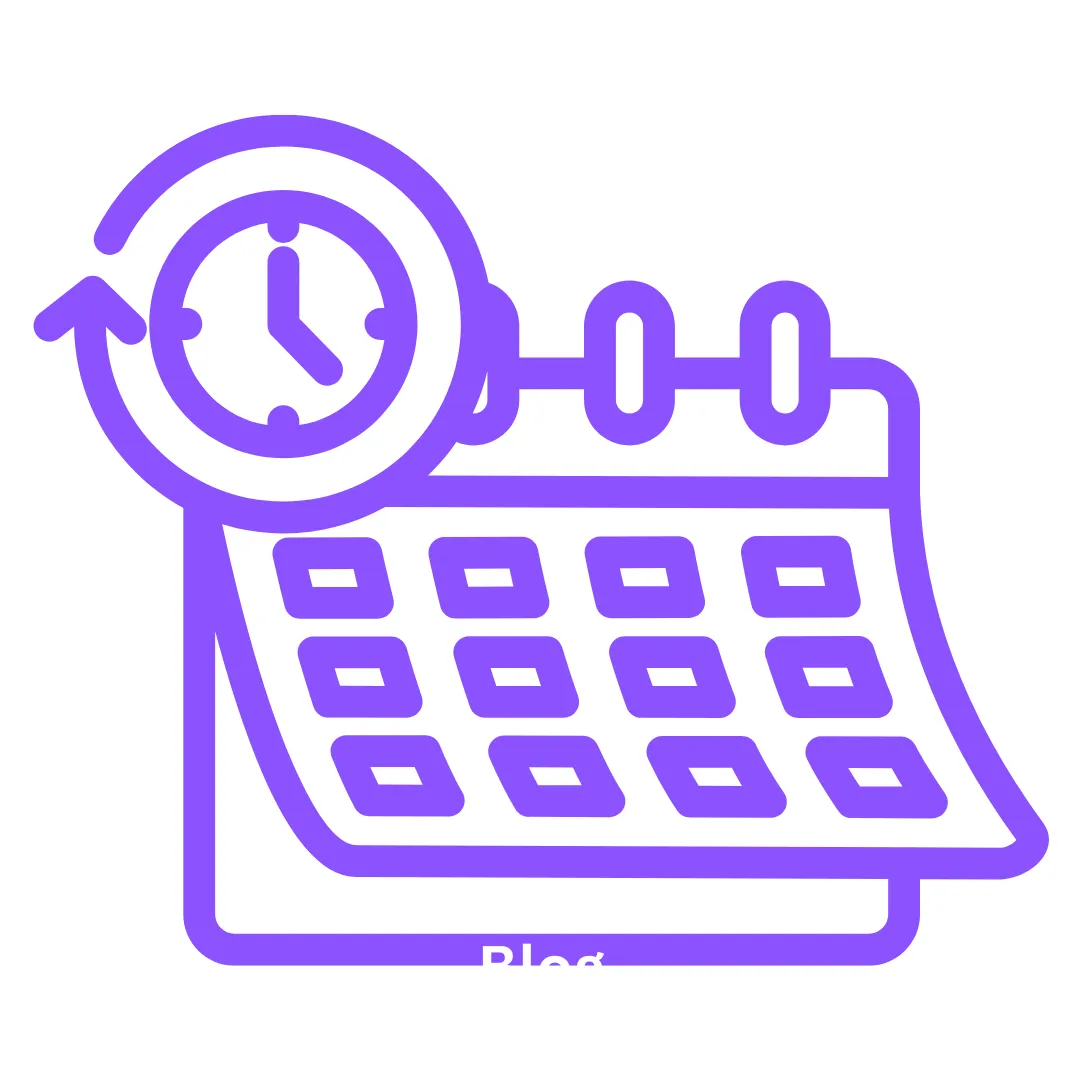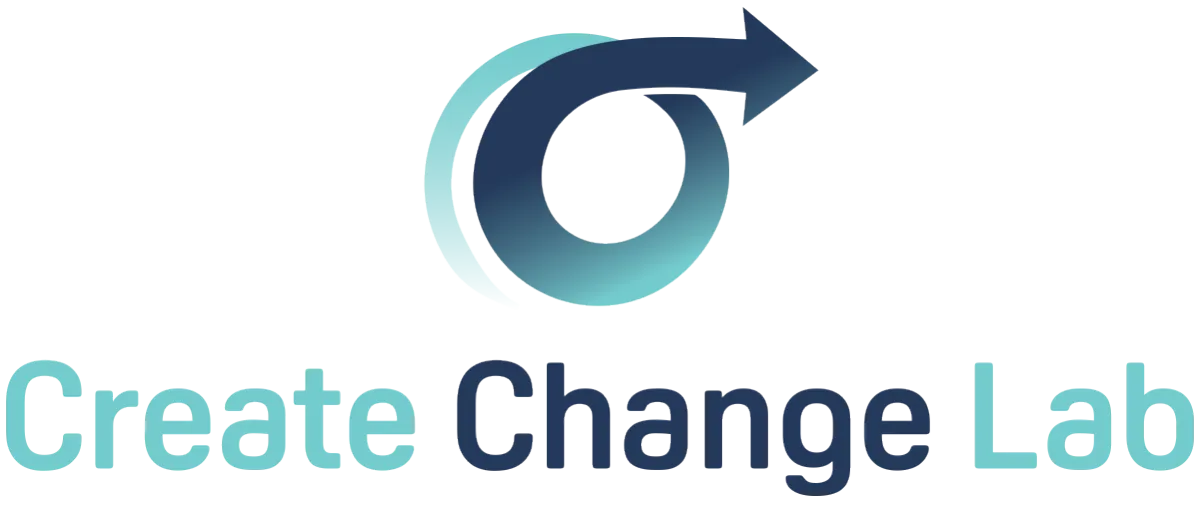Reversing My Parkinson's
Refusing to settle for decline, I'm pursuing healing--boldly, naturally, relentlessly.
Driven by curiosity and a desire to feel better.
'Yes' to slowing the progression. And 'yes' to understanding the root causes of the disease so it can be healed.
As a holistic health coach and Public Health practitioner, I seek out research, best practices and personal stories of how our lifestyle practices can improve health outcomes. For me, lifestyle practices include eating (and supplementing), moving my body, hydrating, meditating, sleeping, social connection and spending time outdoors.
Recent Posts from my Health Coaching Blog

When No means Yes
When No means Yes: Why the ability to re-frame is critical if we want to grow and change.
We have a small kitchen; the sink is between the coffee station and the mug cabinet and the milk-foaming device, and the stove is between the mug cabinet and the refrigerator. When my husband makes coffee with almond milk, and then puts the heated milk on the stove, and I’m trying to make tea (in the cabinet next to the mugs) with almond milk on the stove, well, there’s a traffic jam.
That’s one of the reasons why I like to get out of bed before my husband – so I can slowly, meditatively, go through my morning tea preparations.
Suppose either of us is distracted with the tasks of the day or annoyed at the news or social media (that we erroneously glanced at). In that case, we tend to get in each others’ way, like a basketball player moving up the court with the ball, jockeying with the other team’s defense. We can feel the frustration coming off each other as fumes.
The other day, before dawn, we found ourselves stumbling around in the kitchen. After a near-collision, I said, “See, that’s one of the reasons why I like to get up before you.”
That’s when, to my surprise, my husband replied, “What if we considered it a dance?”
Well, that stopped me in my tracks, and I took a big sigh. “Yes, of course!” It changed the energy and lightened the mood.
This is re-framing at its best, and a critical skill to develop when we want to change or evolve our behavior.
When No means Yes
In the realm of improving our health behaviors, we obviously need to say no to the detrimental behaviors while saying yes to the positive ones.
But saying no to ourselves 10+ times per day feels punishing and depriving and is a drain on our willpower.
No, I’m not going to have a flavored yogurt for breakfast.
No, I’m not going to have that raisin toast.
No, I’m not going to stop at the coffee shop for a muffin.
(and on and on)
But all those “no’s” are actually “yesses” in disguise! Every time we say no to something we think we want (that might not be so good for us), we are actually saying yes to who we want to become.
Yes, I’m going to forego the yogurt and make some eggs.
Yes, I’m going to add veggies to those eggs for the phytonutrients and fiber.
Yes, I’m going to drive by the coffee shop and wave and say, “not today.”
Re-framing takes our struggles and challenges and turns them into a positive mindset that supports and fuels our goals. It can make the changes we want to see a playful game instead of drudgery.
When you realize that you have the power to change the way you think about something, a sense of freedom ensues: we are no longer bound to feelings of frustration or denial and instead are free to choose how we want to think, feel, and act.
This is empowering. We are no longer a victim of our circumstances (wanting a treat and not letting ourselves have it), but rather actively creating the future we want for ourselves.
You can see now that it’s not about the food itself, or even the feeling of wanting the food, but rather how we are thinking about ourselves that makes all the difference.
Re-framing rolls right into beliefs. If you think and believe that you are someone who “has trouble saying no,” or who “has always had trouble with my weight,” then my friend, that is exactly what you will continue to get.
Try a re-frame: “I’m someone who used to have trouble saying no to croissants, but now I’m building my future and finding pleasure in something else.” Or, “I’m someone who used to believe that I had trouble with my weight, but now I’m learning about the foods and situations that trigger me so I can be prepared.”
All change begins with the belief that change is possible.
Then we envision what is possible.
Then, we learn some skills.
Then, we practice those skills.
Then, before you know it, your idea of who you think you are has evolved into who you are becoming.
Changing is much easier when you move the change upstream, from behavior to belief, which can be as simple as changing a No to a Yes.

Blog
Explorations of research, and what is working for me and other people.

Resources
Books, videos, people and research that may be of interest.

Timeline
A mashup timeline of what I've learned, tried and experienced.
Medical Disclaimer
I am not a physician or other licensed medical provider. I am a Certified Holistic Health Coach and am currently studying to become a Certified Functional Nutrition Counselor.
[For more information about my coaching practice, please visit the website CreateChangeLab.com.]
The content on this website is intended for informational and educational purposes only and is based on my personal experience, research, and training. It is not intended to diagnose, treat, cure, or prevent any disease, including Parkinson’s disease.
By using this website, you acknowledge that the information provided does not constitute medical advice and should not be relied upon as a substitute for professional medical guidance. Always consult with your physician or qualified healthcare provider before making any changes to your health regimen, including diet, supplements, or exercise.
Your health is your responsibility, and your choices should always be made in consultation with your personal healthcare team.

© 2025 Create Change Lab, LLC and Andrea Grayson. All Rights Reserved,
